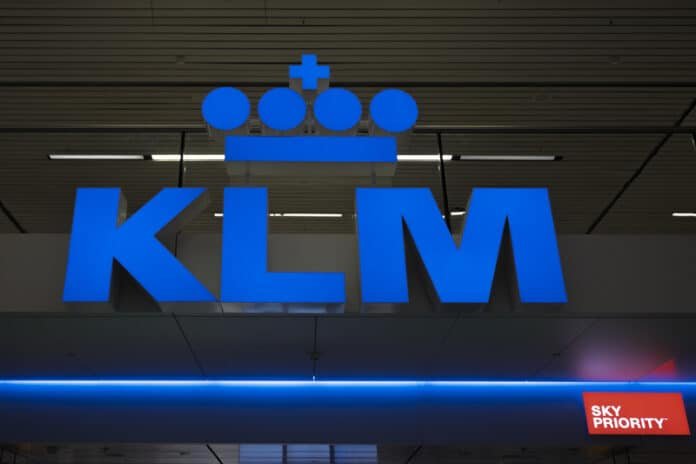On 20 March 2024, the District Court of Amsterdam ruled in favour of Fossielvrij, a foundation promoting fossil-free initiatives, and against KLM Royal Dutch Airlines, declaring several of the airline’s green advertising claims misleading and unlawful.
The court found that KLM’s advertisements presented vague environmental benefits, which misled consumers into believing that flying with the airline was more sustainable than it truly was. Additionally, KLM’s portrayal of sustainability measures such as Sustainable Aviation Fuels (SAFs) and reforestation projects was deemed overly optimistic, creating a false impression of significant environmental impact reduction.
Fossielvrij filed a class action lawsuit against KLM in July 2022, accusing the airline of “greenwashing,” the act of making false or misleading statements about the environmental benefits of a product or practice. The foundation challenged 19 separate advertising statements from KLM, arguing that they were misleading and deceptive. Fossielvrij sought several judicial actions, including a ruling that the claims were misleading, an injunction to prevent further use of such statements, the removal of the ads, and a correction of the misleading claims.
The legal claims were based on the Dutch Unfair Commercial Practices Act, which regulates misleading advertising practices.
The court’s first task was to determine whether KLM’s statements were factually accurate. Following this, it examined whether the provided information—or lack thereof—could mislead consumers. This judgment was largely influenced by the context of the information presented.
Most of the contested claims were part of KLM’s “Fly Responsible” campaign, which suggested that air travel could be made sustainable. Key statements included:
“With Fly Responsibly, KLM leads the charge towards a more sustainable future for aviation. We are committed to the goals of the Paris Climate Agreement, and we recognize the urgent need to tackle global warming. But we can only succeed if everyone joins us in this mission. Join us today for a sustainable tomorrow.”
“The first passenger flight using sustainable synthetic kerosene… a major step toward a sustainable aviation future.”
“Smaller CO2 footprint, more forests. For ten years now, we’ve been offering you the chance to offset your flight’s CO2 emissions with our CO2ZERO service.”
The court ruled that these claims were misleading, noting that the language used in the statements was vague and lacked specific details on how KLM intended to achieve its purported environmental benefits.
In particular, the court criticized the use of “CO2ZERO,” finding it misleading as it suggested that passengers could completely offset their CO2 emissions—an overstatement of the actual environmental benefits. The terms used created a false impression that customer contributions could fully neutralize their flights’ impact on the environment.
Not all of KLM’s statements were found to be misleading. The court recognized certain claims as general calls for collective action toward sustainability, such as:
“Together, we can make a bigger impact. Only by working together can we achieve real change. All stakeholders in the aviation sector, airlines, manufacturers—everyone—must collaborate to increase the production of sustainable aviation fuel and accelerate the renewal of our fleets. Together, we can do more, faster, and better. That’s why we launched this initiative, inviting everyone to join us in making aviation more sustainable.”
These were viewed as non-misleading because they presented a collective call to action rather than specific, misleading environmental claims.
In the end, the court ruled that 15 of the 19 contested statements were indeed misleading. However, as KLM had already ceased using these claims and had no intention of doing so in the future, Fossielvrij’s application to prevent their future use was dismissed. Furthermore, the request for a correction was also denied, as Fossielvrij failed to demonstrate that consumers were still making purchasing decisions based on the misleading statements.
Given the growing emphasis on sustainability and the ongoing crackdown on misleading environmental marketing, this case is likely to set a precedent for future greenwashing litigation. Companies should be mindful of the growing legal scrutiny in this area as consumers and regulators continue to demand more transparent and accurate environmental claims.




